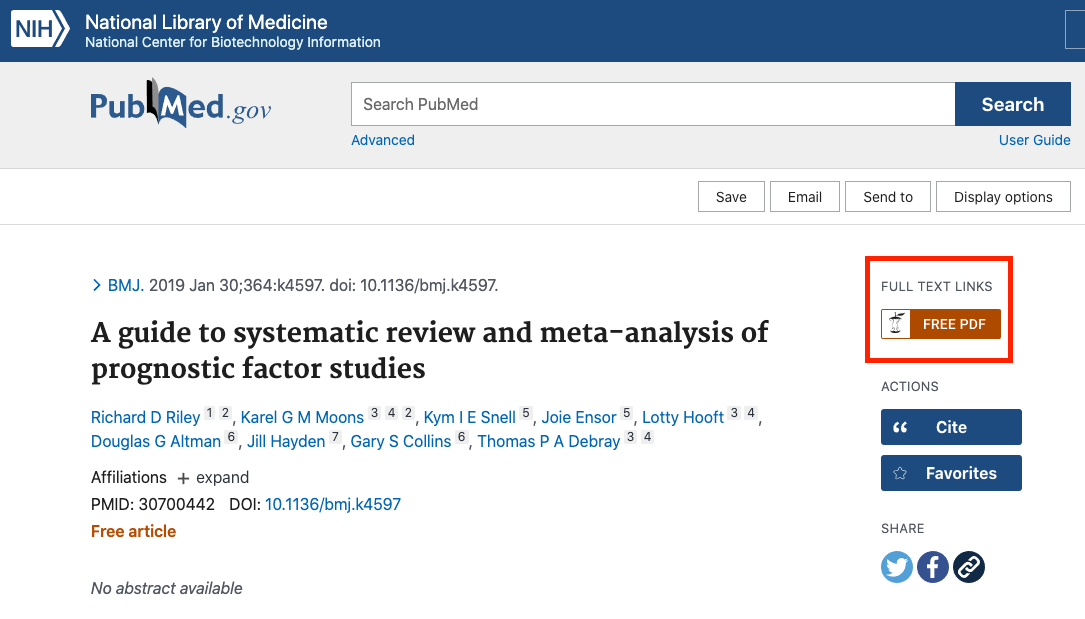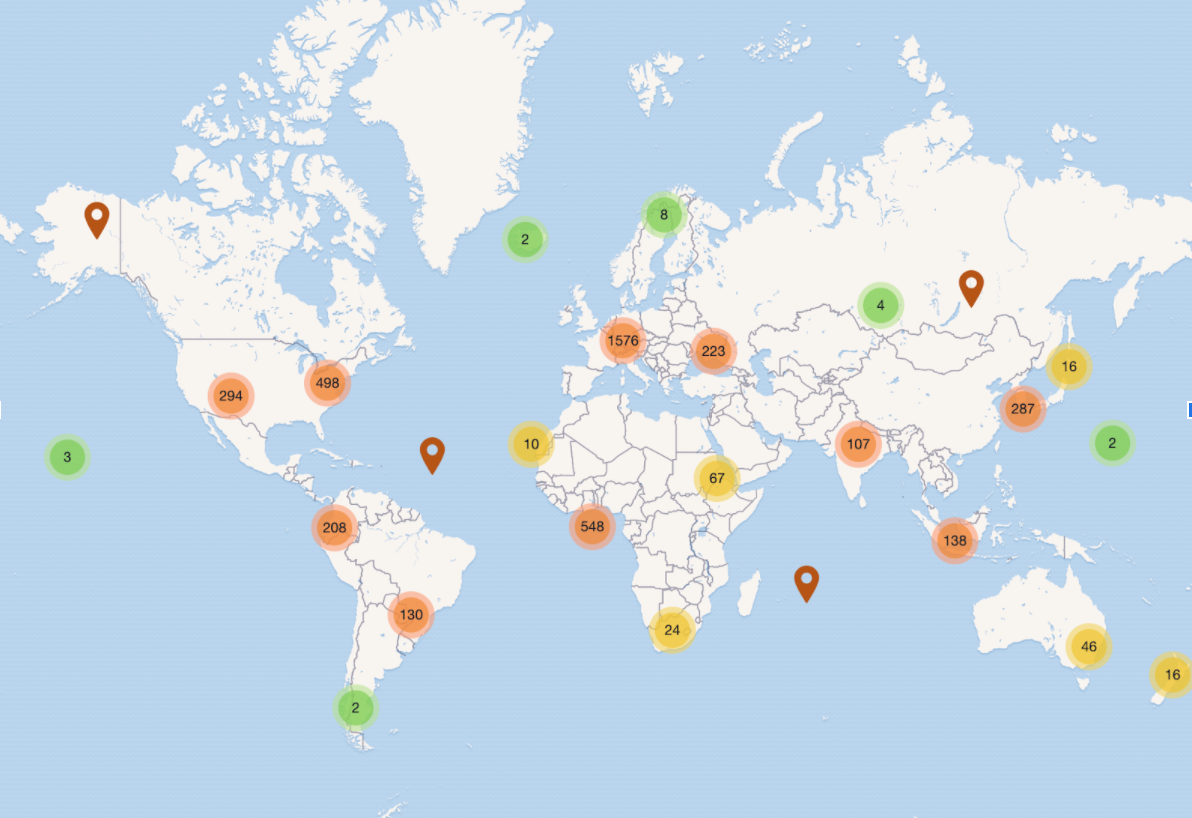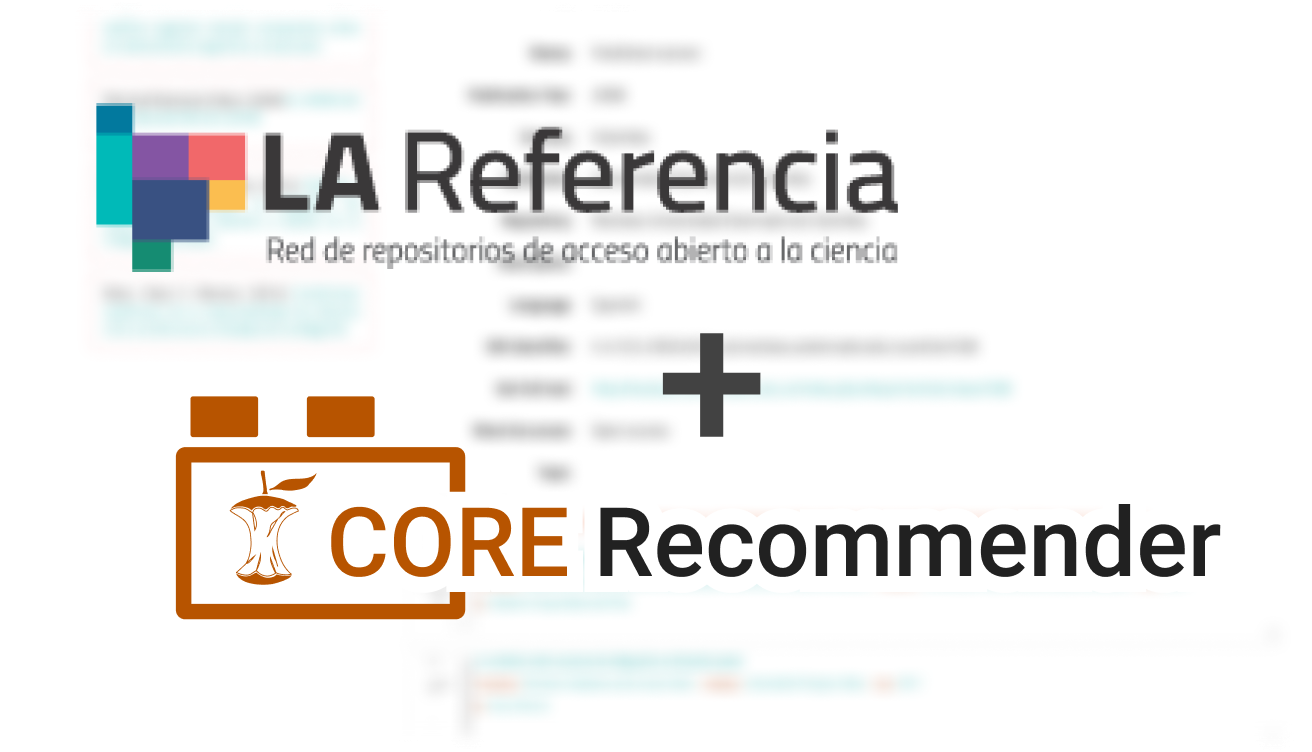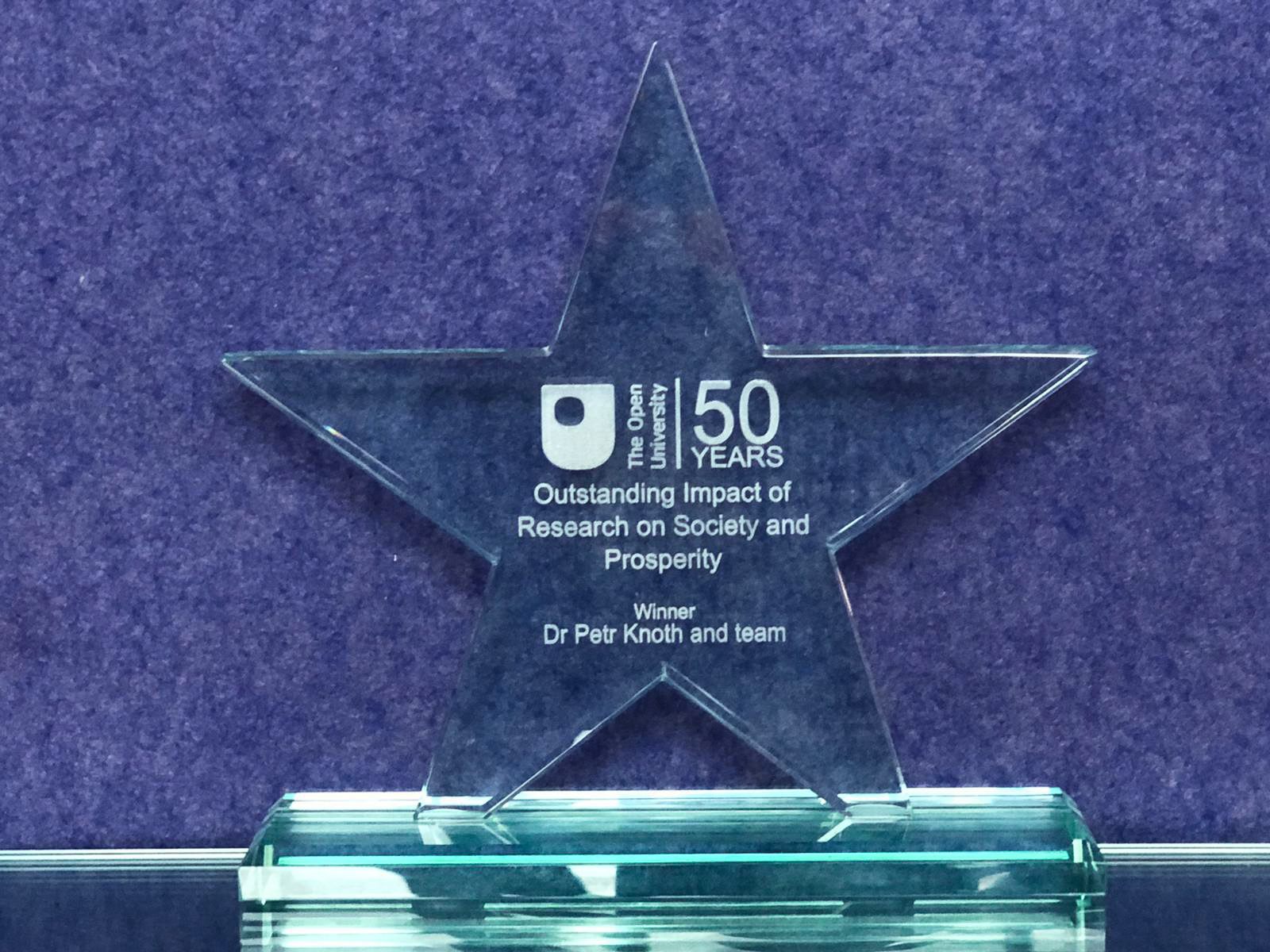This Vision Interview with Petr Knoth, Senior Research Fellow in Text and Data Mining at the Open University and Head of CORE (core.ac.uk), served as the opening segment of the NISO Hot Topic virtual conference, Text and Data Mining, held on May 25, 2022. Todd Carpenter spoke at length with Knoth about the many ways in which text and data mining impacts the present as well as the future. They discussed just how innovative this technology can be for the needs of researchers in the information community.
Author: Catherine Kuliavets
CORE: Our commitment to The Principles of Open Scholarly Infrastructure
The Principles of Open Scholarly Infrastructure (POSI) offer a set of guidelines by which open scholarly infrastructure organisations and initiatives that support the research community can be operated and sustained. In this post, we demonstrate CORE’s commitment to adhere to these principles and show our current progress in achieving these aims. The principles are divided into three main categories; Governance, Sustainability and Insurance:

Governance
💚 Coverage across the research enterprise
Major update of CORE search
CORE has just released a major update to its search engine, including a sleek new user interface and upgraded search functionality driven by the new CORE API V3.0.
CORE Search is the engine that researchers, librarians, scholars, and others turn to for open access research papers from around the world and for staying up to date on the latest scientific literature.
CORE constantly evaluates feedback from users and integrates this feedback as a part of the ongoing roadmap for CORE’s continued development. Working with our users and data providers to deliver a consistently improving user experience is a key component in CORE’s ongoing success.
How does CORE substitute Microsoft Academic Graph?
The forest chatter has been clamorous since Microsoft’s announcement to retire Microsoft Academic (MAG) at the end of 2021. Like many others, at CORE, we have used MAG for a number of tasks including data quality enhancement and enrichment, to obtain citation data, for our research in semantic typing of citations and to enrich MAG and Microsoft Academic Search by supplying direct links to full-text content (in a similar way we do for PubMed).

Continue reading this blog post on the Jisc Research Blog.
CORE, the world’s largest collection of open access research papers, turns ten

It all started in 2010 when the then PhD student at the Knowledge Media Institute at the Open University, Dr. Petr Knoth wanted to collect a large corpus of academic papers to explore related research content. It was a frustrating job as he realised that there not only wasn’t a readily available corpus of all research papers, but that collecting this information for machine processing was particularly difficult. While reading about Open Access, he came up with the idea to create a tool that harvests both metadata and full text from all research repositories on a global scale enabling unrestricted access to all content.
CORE & PubMed collaborate for further full text dissemination
CORE provides access to freely available full text papers which were previously unavailable in PubMed to enhance the experience of its users. This is delivered via the LinkOut service. Read the CORE blog post to find out more about this integration. Continue reading on Open Research blog.

New workflow for adding new data providers and gaining access to the CORE Repository Dashboard

CORE’s mission is to increase the discoverability of open access research and promote as widely as possible the content of our data providers, i.e., repositories, journals, and web resources. We currently collaborate with more than 10,000 data providers from around the world and are continuously looking for new ways to increase this number to offer an as complete as possible coverage of the world’s open access content.
More information about the new workflow for adding new data providers and gaining access to the CORE Repository Dashboard can be found at Jisc Scholarly Communications.
LA Referencia integrates CORE Recommender in its services
LA Referencia – an aggregator of research papers from Latin America collaborates with CORE – a scholarly communications infrastructure that provides access to the world’s largest collection of open access research publications, acquired from a global network of repositories and journals.

CORE Recommender is now integrated within LA Referencia, allowing users to discover similar articles from across a network of thousand open access data providers. CORE Recommender acts as a gate to millions of open access research papers, suggesting relevant articles where the full text is guaranteed to be openly available. Moreover, the recommender delivers to users only free to read materials, i.e. materials that can be accessed without hitting a paywall.
CORE wins an “Outstanding Impact of Research on Society and Prosperity” Award
In this video interview Petr Knoth comments on CORE’s win of the “Outstanding Impact of Research on Society and Prosperity” Award, while Balviar Notay, Jisc, explains Jisc’s and CORE’s common working ground and achievements. Read more about this event at the Jisc scholarly communications blog post.
CORE wins The Research Excellence Awards!

On October 23rd, The Open University held the Research Excellence Awards 2019 Ceremony. CORE was presented with the award for “Outstanding Impact of Research on Society and Prosperity” This important award reflects the clear value CORE represents to its users.
You can read more about the ceremony and the award at the KMi Planet News.
